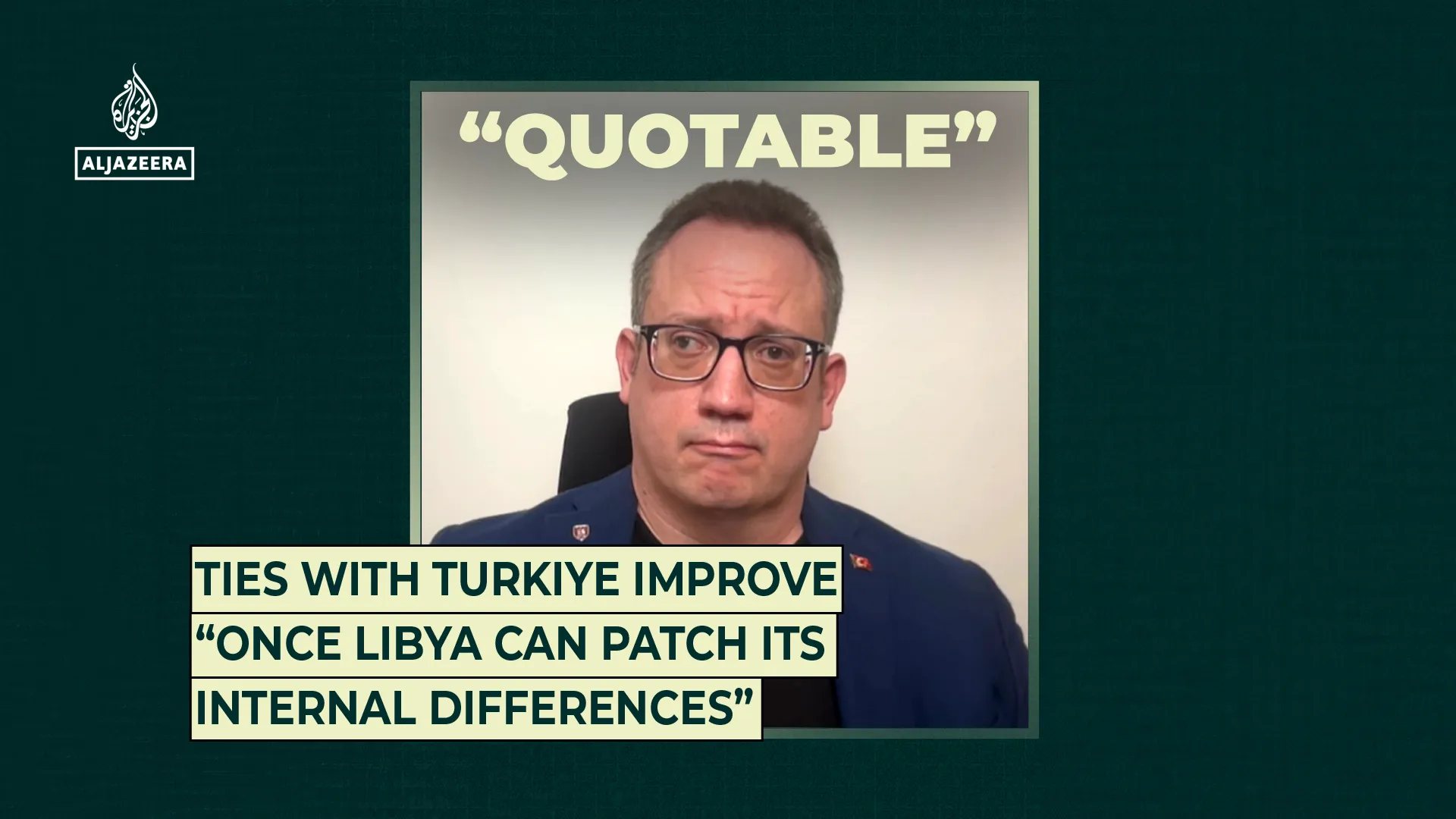White House Chief of Staff Susie Wiles offered an unusually candid look inside President Donald Trump’s second-term administration in comments published by Vanity Fair, drawn from 11 interviews conducted over Trump’s first year back in office. Wiles, a key architect of Trump’s 2024 comeback and the first woman to hold the chief of staff role, spoke about internal disagreements over tariffs, immigration enforcement, government downsizing and the handling of the Jeffrey Epstein files. The article prompted an immediate backlash from Wiles and senior officials, who accused the magazine of selectively quoting her remarks.
Why It Matters
The comments highlight the limits of internal restraint in Trump’s White House. While Wiles described herself as a facilitator rather than a check on presidential power, her inability to alter decisions on tariffs, pardons and political retribution underscores how heavily policymaking still rests on Trump’s instincts. The revelations also revive politically sensitive issues, including Epstein-related disclosures and tensions over Elon Musk’s role in dismantling USAID, complicating efforts to project unity and stability.
Trump remains the central figure, with Wiles emerging as both a stabilising force and a focal point of controversy. Vice President JD Vance, Attorney General Pam Bondi and Elon Musk are drawn into the spotlight, reflecting competing centres of influence within the administration. Beyond the White House, trade partners, immigrant communities, congressional leaders and Trump’s political base all have stakes in the policies and internal divisions exposed by the interviews.
What’s Next
The administration is likely to move quickly to contain political fallout and reinforce discipline, but the substance of Wiles’ remarks may continue to resonate. Policy direction appears unchanged, with tariffs, immigration enforcement and confrontational political strategies set to continue. The episode raises fresh questions about whether Trump’s more structured second-term White House can prevent internal tensions from spilling into public view again.
With information from Reuters.

